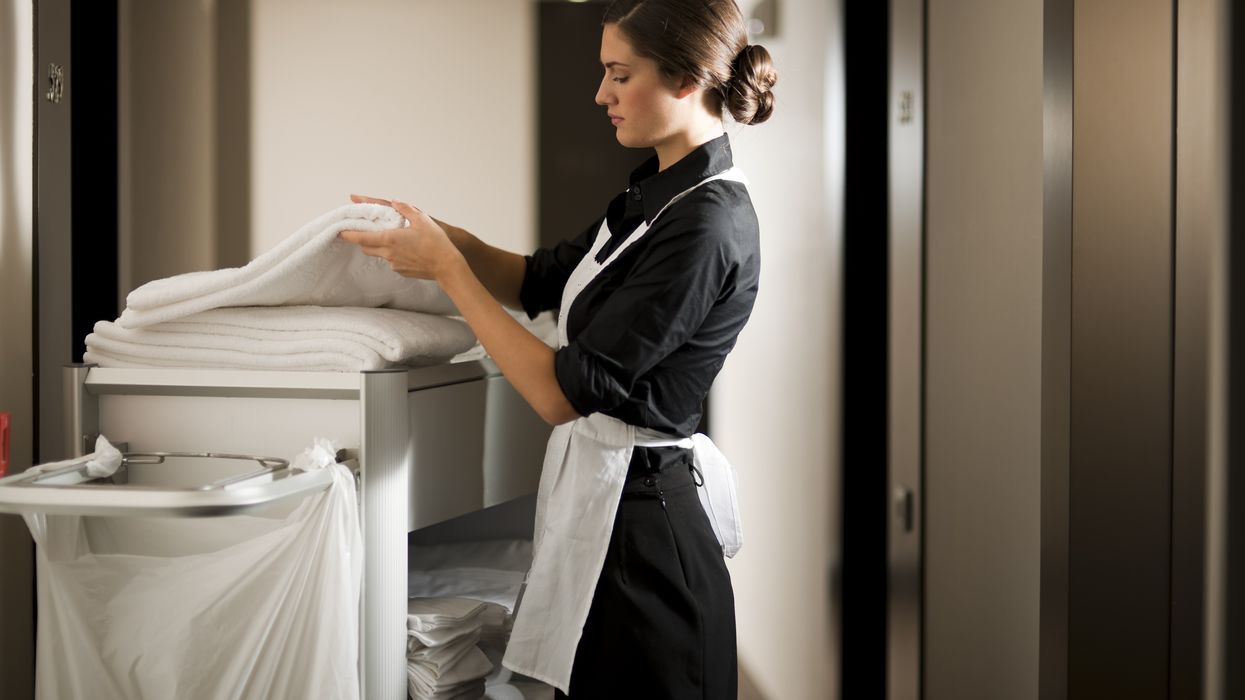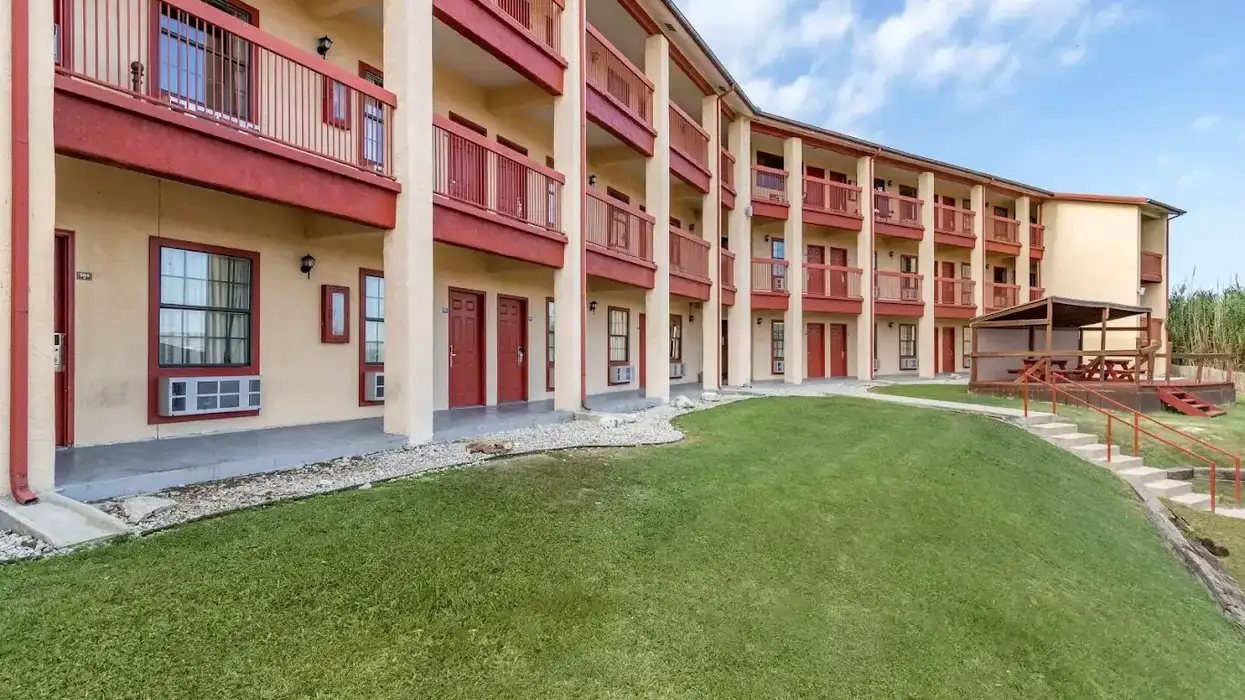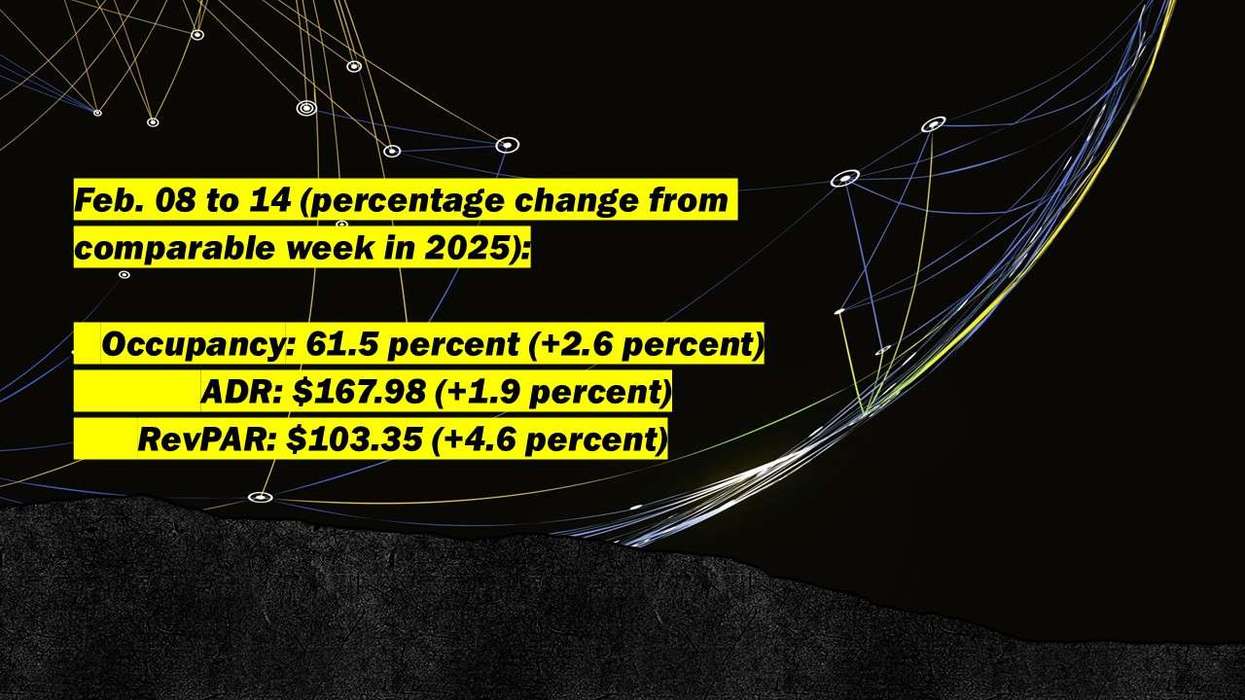What’s the biggest staffing risk for U.S. hotels in 2025?
APPROXIMATELY 48 PERCENT of businesses in the accommodation industry consider "staffing issues" the biggest risk to their operations over the next 12 months, according to a new report by Expert Market. Rising labor costs were identified as the second-largest risk by 34 percent, followed by "rising maintenance costs" at 27 percent.
The Expert Market Accommodation Industry Report surveyed more than 400 U.S. accommodation businesses on upcoming challenges and strategies to address them amid the industry's highest quit rates since 2022.
“The accommodation industry has faced a number of challenges since the pandemic, but none greater than those around staffing,” said Chris Maillard, Expert Market's editor. “At a time when quitting rates remain higher than other industries, the report recommends that accommodation businesses prioritize their staff, from recruitment through to promotion.”
Housekeeping cleaning staff were the hardest to fill, cited by 38 percent of businesses, followed by front desk clerks at 14 percent and maintenance/janitorial staff at 13 percent, the survey found.
Franchisees at risk
Both franchises at 58 percent and independent businesses at 44 percent saw staffing as their biggest risk, with a greater impact on franchises, the report said. Professionals from both sectors echoed this concern, identifying "staff recruitment, retention and training" as their main challenge.
About 34 percent of businesses increased compensation to address staffing issues, while 31 percent offered training and 21 percent introduced retention incentives, the report found. Some businesses also adjusted operations to manage staffing challenges, with 17 percent introducing more self-service options, 13 percent reducing housekeeping and 12 percent cutting front desk hours.
Implementing new technology was another strategy to address staffing shortages, with around 12 percent investing in software solutions, 14 percent increasing reliance on mobile apps, and 5 percent using AI chatbots for customer communication, a shift for the next five years.
The report noted that rising interest rates, cited by 19 percent of businesses, along with other challenges, are creating a tough economic environment for accommodation businesses in 2025. Meanwhile, staffing remains one of the most affected areas, especially for franchises.
When asked about the impact of rising business costs, nearly 49 percent of franchise businesses and over 34 percent of independents cited cuts to hiring and staffing levels. Additionally, a quarter of both groups are reducing investment in employee benefits and welfare.
“People are at the heart of the accommodation industry, so finding personnel who find this aspect rewarding is key,” Maillard said. “The owners and managers we spoke to cited creating memorable guest experiences and frequently meeting new people as the most commonly enjoyed aspects of the sector. Empowering staff with this mindset, alongside better pay and working conditions, can help alleviate the main ongoing issues.”
American Hotel & Lodging Association President and CEO Rosanna Maietta told the House Committee on Education and Workforce that about 64,000 U.S. hotels support over nine million jobs but still face post-COVID challenges, including labor shortages, inflation, and rising costs. She urged Congress to pass legislation to support the industry's recovery.






